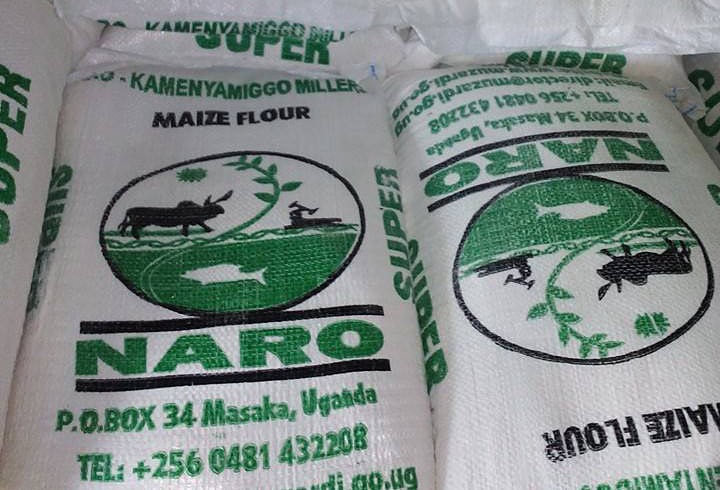Uganda’s NARO sets new targets for agricultural innovation

Uganda’s National Agricultural Research Organisation (NARO) presented its Budget Framework Paper for the Financial Year 2024/2025 to the Parliamentary Committee on Agriculture, Animal Industry, and Fisheries. This meeting, held on Monday in Kampala, showcased NARO’s commitment to advancing agricultural research and development.
Dr. Yona Baguma, the NARO Director General, highlighted the organization’s achievements from the past year, notably the introduction of new crop varieties. These include Maize 63 Vita, Maize 64STR, Rice WDR 73, Rice KF 20039, along with NARO spot 6 and NARO spot 17 bean varieties, and the NARO Lablab1 pasture variety. The newly developed rice variety has demonstrated an exceptional yield of 10 tons per hectare, doubling the previous yield and offering a potential solution to reduce rice import dependency in Uganda.
The new bean varieties, rich in iron and zinc, are seen as crucial for the nutrition of breastfeeding mothers and children, besides being more resistant to pests and diseases and yielding more. NARO’s efforts in the livestock sector include the development of an anti-tick vaccine, which has shown a remarkable 93% efficacy rate, well above the global 30% threshold. This vaccine, pending budgetary support, is expected to save Uganda up to UGX 3.7 trillion annually by combating ticks and tick-borne diseases.
In the fisheries sector, NARO has acquired a new research vessel, underscoring its dedication to sustainable practices and advanced research. The organisation’s strategic investments for the upcoming financial year are diverse and ambitious. They include focusing on the management and control of livestock diseases, vectors, and parasites; promoting the transfer of agricultural research technologies; and enhancing soil maps and water management technologies.
Furthermore, NARO aims to strengthen resilience to climate change and variability and tailor research products and services for food, feed, market, and industry. Other areas of focus include improving post-harvest handling and storage, agro-processing, value addition, managing livestock disease outbreaks, and developing efficient fertilizer blends for improved productivity. The organization also plans to innovate for the sustainable management of invasive species and strengthen institutional capacity for agro-industrialization.
Enjoyed this story?
Every Monday, our subscribers get their hands on a digest of the most trending agriculture news. You can join them too!














Discussion0 comments